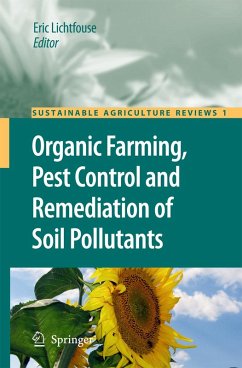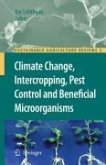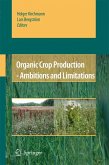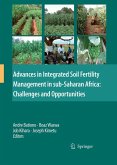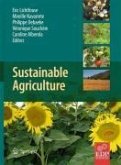Sustainable agriculture as a central science to solve global society issues. Mother of necessity: the soil. 1. Technology without wisdom. 2. Transgenic cotton for sustainable pest management. 3. Conservation Agriculture, a different approach for crop production through sustainable soil and water management. 3. Recurrent mass selection for routine improvement of common wheat. 4. Rotation design: a critical factor for sustainable crop production in a semiarid climate. 5. Parasitic plants in agriculture: chemical ecology of germination and host-plant location as targets for sustainable control. 8. Soil protection through organic farming. 9. Surfactants in sludge-amended agricultural soils. 10. Mineral nutrition for legume-rhizobia symbiosis: B, Ca, N, P, S, K, Fe, Mo, Co, and Ni. 11. Uncommon heavy metals, metalloids and their plant toxicity. 12. Role of plant growth promoting rhizobacteria in the remediation of metal contaminated soils. 13. Phosphates for Pb immobilization in soils. 14. Cadmium phytotoxicity: responses, mechanisms and mitigation strategies.
Dieser Download kann aus rechtlichen Gründen nur mit Rechnungsadresse in A, B, BG, CY, CZ, D, DK, EW, E, FIN, F, GR, HR, H, IRL, I, LT, L, LR, M, NL, PL, P, R, S, SLO, SK ausgeliefert werden.

